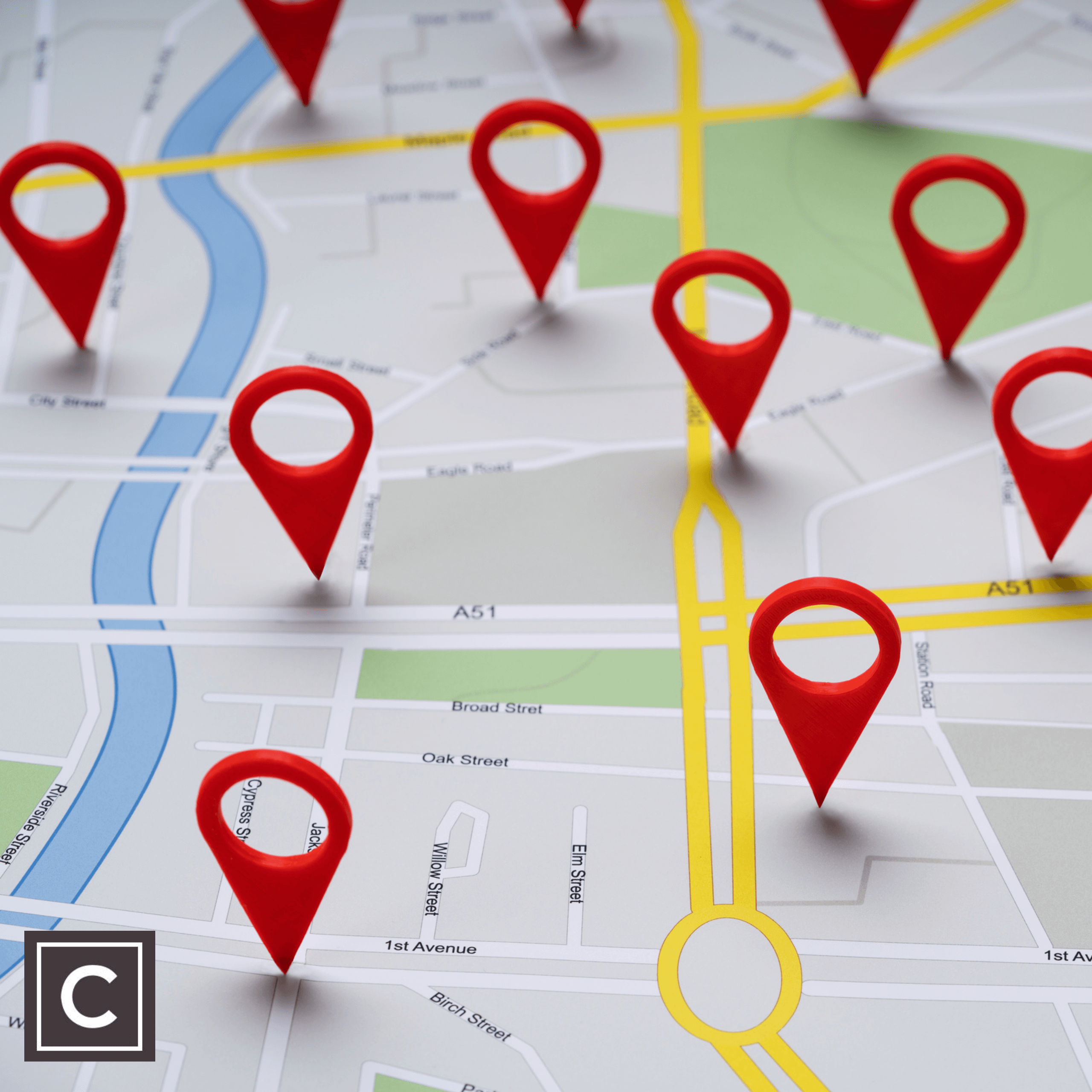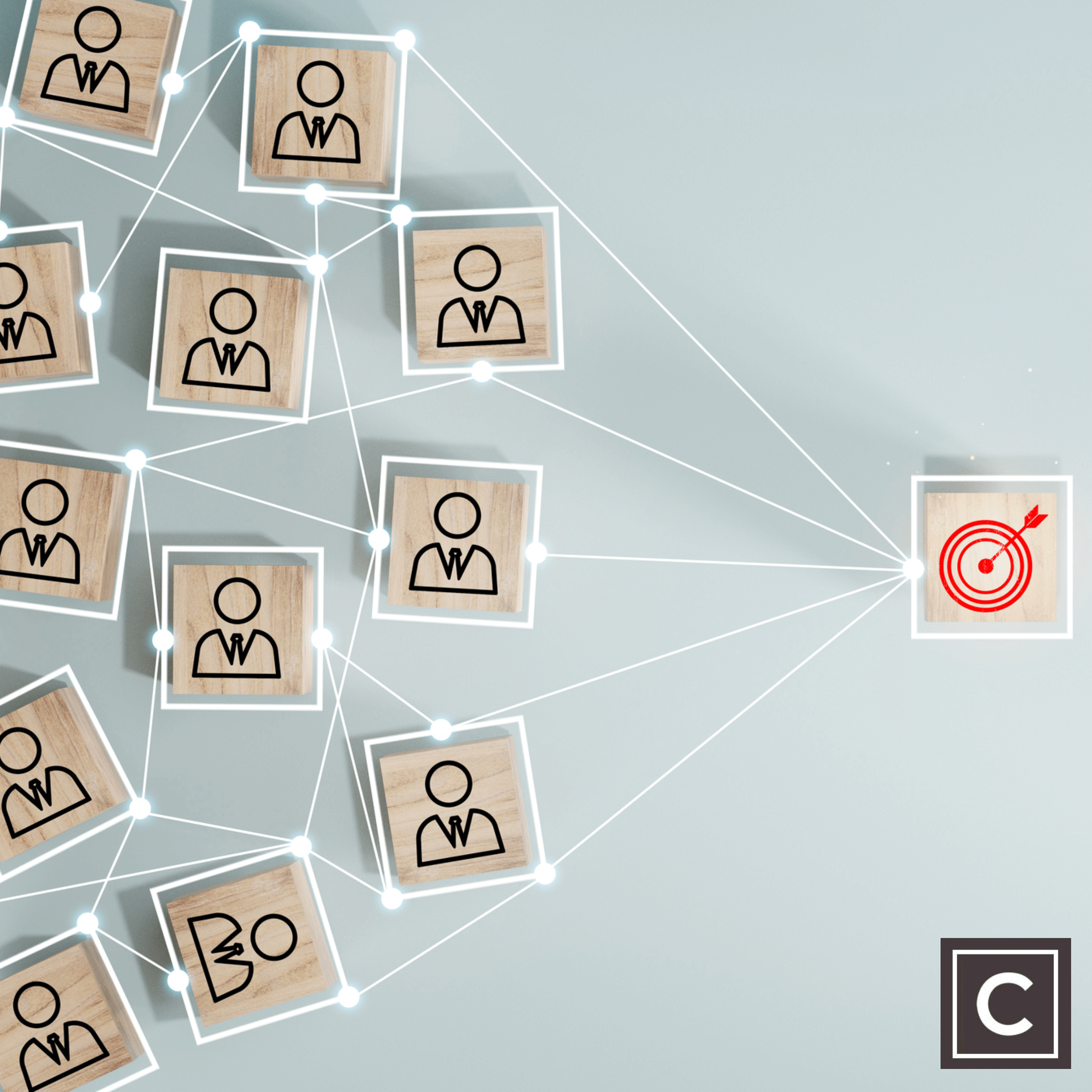The Profitable Equation: Your Business + the Right Accountant
Posted by Emily on 7th Aug 2023 Reading Time:
A frequently asked question is whether hiring an accountant is a worthwhile venture. In simple terms, the answer is yes, it is worth it.
Now, let's delve into the process of selecting the right accountant. The ideal accountant would become a reliable partner you can lean on, providing essential advice and guidance as your small business expands. So, what should you keep an eye out for?

Key Points For Selecting An Accountant
Once you've concluded that you need an accountant, the subsequent step is deciding who to hire.
This decision deserves careful consideration, and there are several factors you should think about. These include the accountant's location, the division of tasks, and the type of accounting software you intend to use. Reflect on how much you'll have to pay the accountant and whether they can assist in reducing your business taxes.
Ensuring that an experienced, proficient individual manages one of the most critical areas of your business - your finances - is in your company's best interests. The right person will save you both time and money year after year.
Here are a few things to keep in mind when choosing an accountant.
Does Location Matter?
Traditionally, it was vital to have your company's accountant located nearby. But now, more businesses are teaming up online, using cloud-based technology to run their operations. This means location is less of a concern. With software, you and your accountant can view identical, real-time data regardless of location.
For instance, my finance head lives 75 miles away, and my accountant's office is 220 miles away.
The decision regarding your accountant's location ultimately boils down to what best suits your company. For instance, if you're comfortable collaborating via email, phone calls, video conferences, or secure accounting software, you could be in Stornoway, and they could be in London.
If your accountant could be anywhere in the world, you're not limited to choosing based on their location. You can find someone who genuinely understands your business or industry's specifics.
Wherever they're based, ensure they're an expert in the tax laws applicable to your business and region.

Opt For A Certified or Chartered Accountant
For your peace of mind, choose an accountant that's regulated by a professional body or recognised by the government. Depending on your location, this could be a:
- Certified Public Accountant
- Chartered Accountant
- Member of the Association of International Accountants
- Member of the Institute of Financial Accountants
Chartered Accountants (CAs) are highly qualified professionals who have undertaken above degree-level study, workplace experience, and a professional competence programme.
An experienced and competent accountant can add value to your business from the outset. If you envisage your company growing, hiring a professional accountant early rather than later is wise.
However, it's optional for an accountant to hold any qualifications, but you should ensure yours is certified by one of the recognised UK bodies, such as ICAEW, ICAS, CIMA, or ACCA.
Choose An Accountant With Relevant Expertise
You'll need an accountant with experience in preparing tax returns and financial documents for companies similar in size and revenue to yours. If your business relies heavily on cloud-based software, you'll need someone adept with cloud computing.
It's even better if they've worked with companies within similar sectors to yours, as that will help them comprehend your business's unique needs. You should verify if they have larger clients. If they do, it's a positive sign, as you'll know they should be capable of handling your growing needs over time.
You could also request a client list detailing each company's gross revenue and number of employees. Find out how their clients have grown and developed over the years to gauge whether they'll be able to accommodate your company's evolving needs.

Make Use Of Your Social Networks When Searching
In your search for an accountant, the ideal candidate might be closer than you think. Start by asking any friends or family members who own small businesses if they would recommend their accountant. If they do, why? If they don't, why not? Both answers could be helpful later when you're interviewing potential hires.
Remember, choosing an accountant is a personal decision. What's right for your friend's PR business might not fit your manufacturing company best. Also, consider differences in business structures. The best accountant for a sole trader might not be the right fit for a company with ten employees.
Though Facebook might not be ideal for accountant recommendations, more business-oriented networks could prove helpful. LinkedIn, one of the largest global networks, could be utilised if you already have a profile. You can search for accountants who've received recommendations from others.
Use LinkedIn or other online networks to delve deeper into each candidate's background and discover aspects like:
Who are their professional contacts?
How do they market their services?
Are they passionate and engaged in their work?
Have they received recommendations from clients?
What do those recommendations say?
What is their experience level?
How long have they been in business, and what did they do before?
What are their qualifications?
Are they chartered or certified accountants, bookkeepers, financial advisors, or something else?

Consider The Tasks You Want Them To Handle
Accountants can manage all aspects of bookkeeping and small business accounting. In most cases, you can bundle up your bills and invoices, hand them over, and they'll handle the rest. But this might not always be the best method.
Since accountants often charge by the hour, having them do simple data-entry tasks isn't the best use of their time - time that you're paying for. So take control and get more involved in the accounting process. This will help you better understand expenses and revenues in real time and alert you to potential issues.
High-quality accounting software will simplify your involvement in the accounting process. It will streamline tasks like invoicing, automatically sending the invoice and recording its details simultaneously. If the software is cloud-based, you can grant your accountant secure access to your accounts with a button click.
Choose Someone Proactive About Saving Your Money
Some accountants will merely manage your accounts and fill in your tax return forms, but the best ones are more proactive. So before you choose an accountant, ask what they could suggest to save your business money.
For instance, what proportion of your operating costs can be offset against tax? If you're a sole trader or consultant, can you offset a part of your phone bill, car costs, rent, or mortgage payments? What are the implications of doing so? The accountant should alert you to any potential pitfalls. For example, using your home as a business premises could result in a tax charge on the house when you sell it!
Conclusion
Choosing an accountant is a vital step for your small business. The right individual can help you save money, stay compliant, and plan for the future. The process can be complex, involving considerations like location, relevant expertise, task management, and cost-effectiveness. However, by doing your research, leveraging your networks, and selecting a proactive, certified professional, you can find an accountant that's a perfect match for your business needs. As your business grows, this professional relationship can become an essential part of your success.

